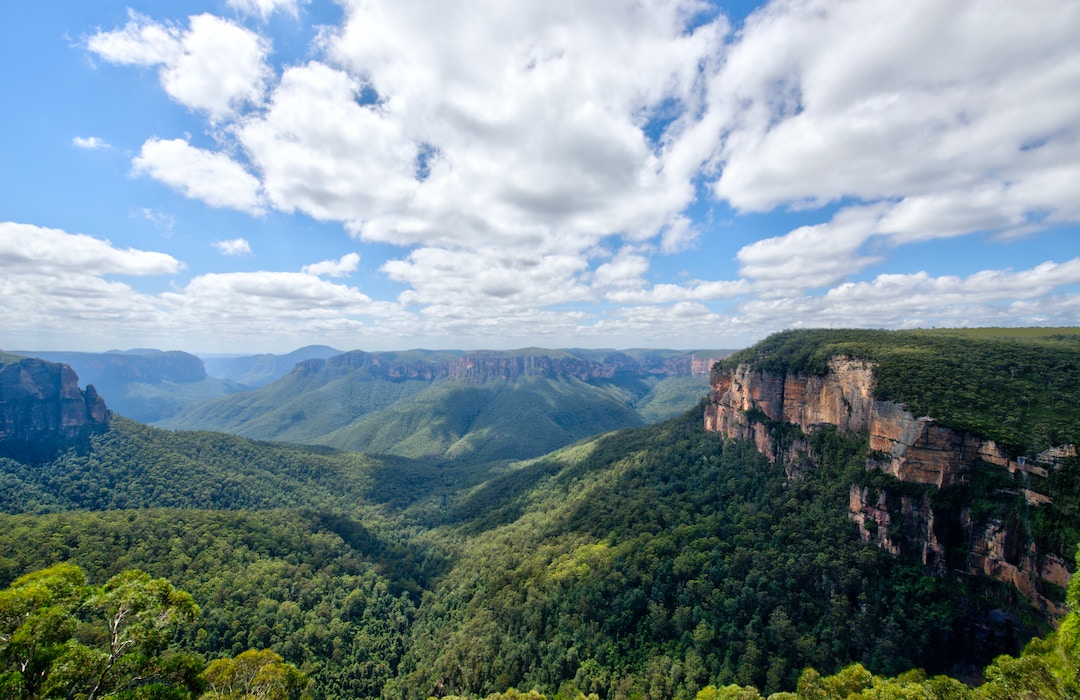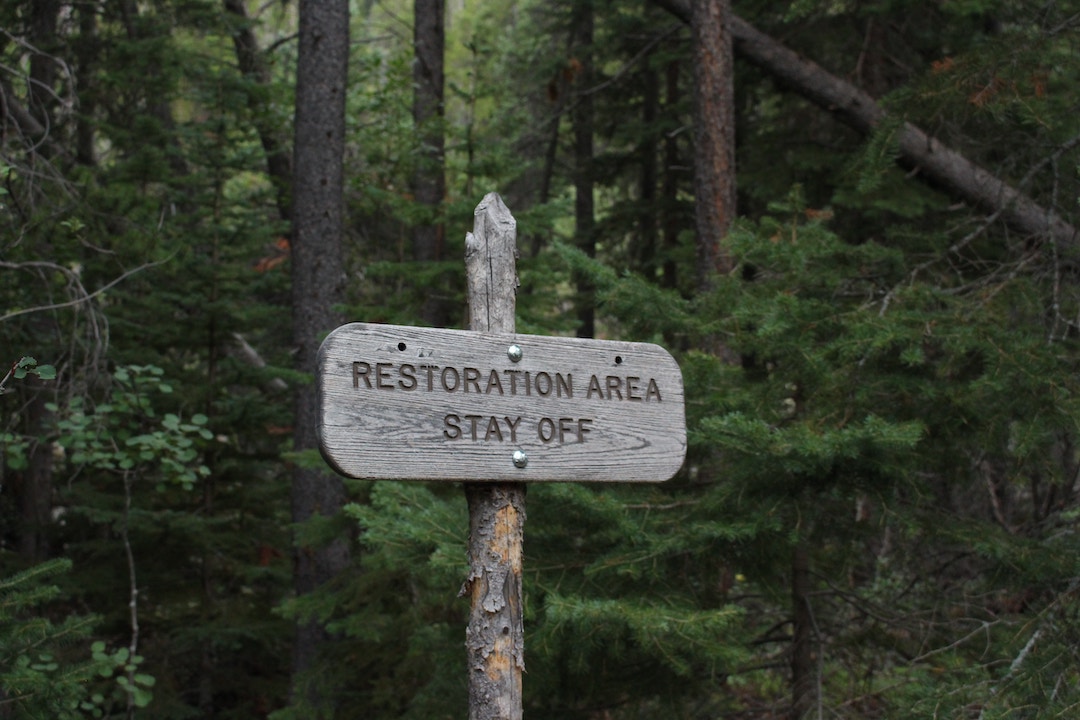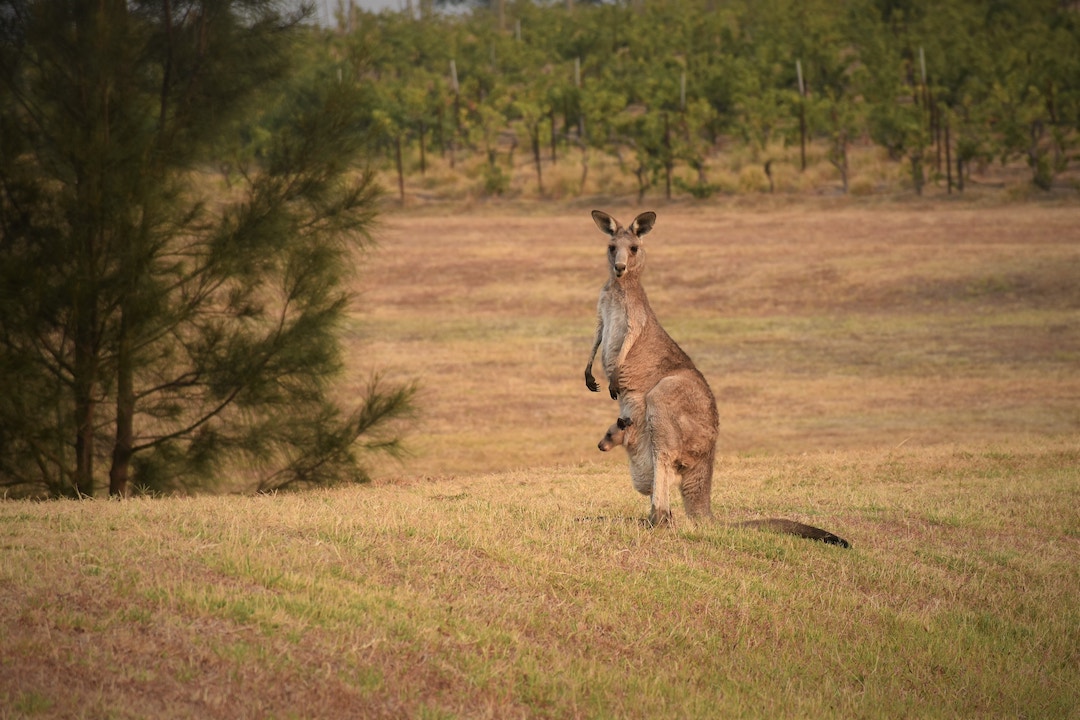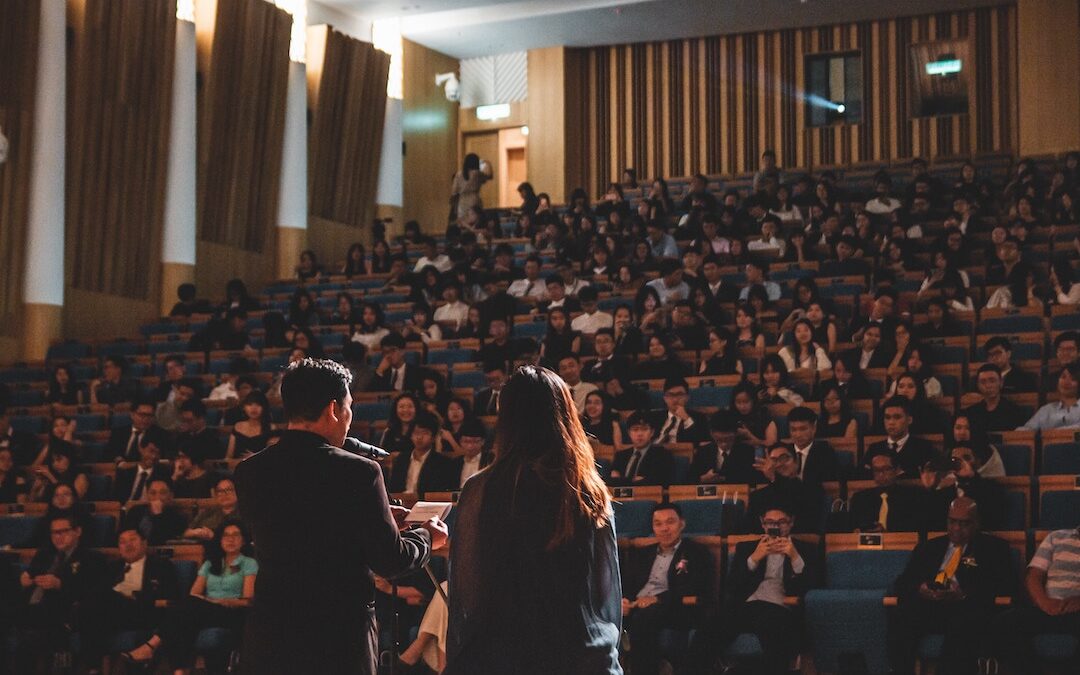Australia will host experts from across the globe as we attempt to restore our beautiful ecosystems.
This year, the Society on Ecological Restoration (SER) will be meeting in Darwin for the largest conference of its kind ever held in the Southern Hemisphere. The conference will bring together experts and environmental leaders as they attempt to pave the way for ecological restoration in Australia, and around the world.

Damage and degradation
According to recent research, Australia has lost 34 mammals to extinction over the last 200 years. That’s more than the animals lost in the rest of the world combined.
In fact, the list of endangered and threatened species has grown by more than 30 percent since the National Environmental Law was first introduced in 1999. This highlights the need to focus on protection and restoration of Australia’s unique ecosystems and diverse wildlife.
This year, the Federal Government signed on to the Kunming-Montral Global Diversity Framework. This means they have committed to restoring 30 percent of Australia’s degraded ecosystems by 2030, whether they be on land or in the sea. It’s a first step towards long-lasting conservation, however more needs to be done in order to protect our beautiful landscape.

The conference
Australia will host more than 800 ecosystem restoration experts from around the world as part of the 10th Society on Ecological Restoration. It will take place in Darwin between 26th and 30th September, with the theme of ‘nature and people as one: celebrating and restoring connection.’
The conference will focus on the relationship between culture and nature, emphasising how restoring ecosystems can simultaneously restore the connection between people and place. It is led by the Restoration Decade Alliance, which consists of several leading Australian environmental organisations committed to habitat restoration.

Programs and participation
Over the course of the event, experts will be running training courses, workshops and talks aimed at preparing ecosystem restoration teams for the work to come. One such training course involves understanding the use and development of native plants in restoration projects using data-driven approaches.
Participants will also attend several symposiums to develop skills and knowledge for adapting to unique challenges. The symposiums will cover a range of topics including habitat management in a changing climate, urban restoration, and socioeconomic outlooks.
Importantly, SER also wants to pay respect to the Indigenous and traditional communities around Australia and the world. The ochre colour scheme of the event is a tribute to the Indigenous culture of the Northern Territories, where the conference will take place. Similarly, the program includes events which seek to develop knowledge and recognition of Indigenous heritage, as well as reflecting on the interconnectedness between nature and Australia’s Indigenous communities
Overall, SER is a chance for leading environmental experts from around the globe to swap ideas and insights. Through the advice of international delegates, the RDA will release “A Roadmap to Ecosystem Restoration Success,” at the conclusion of the event. This will serve as a great launchpad for future restoration efforts across the country.
To learn about another project fighting for habitat restoration, click here.

